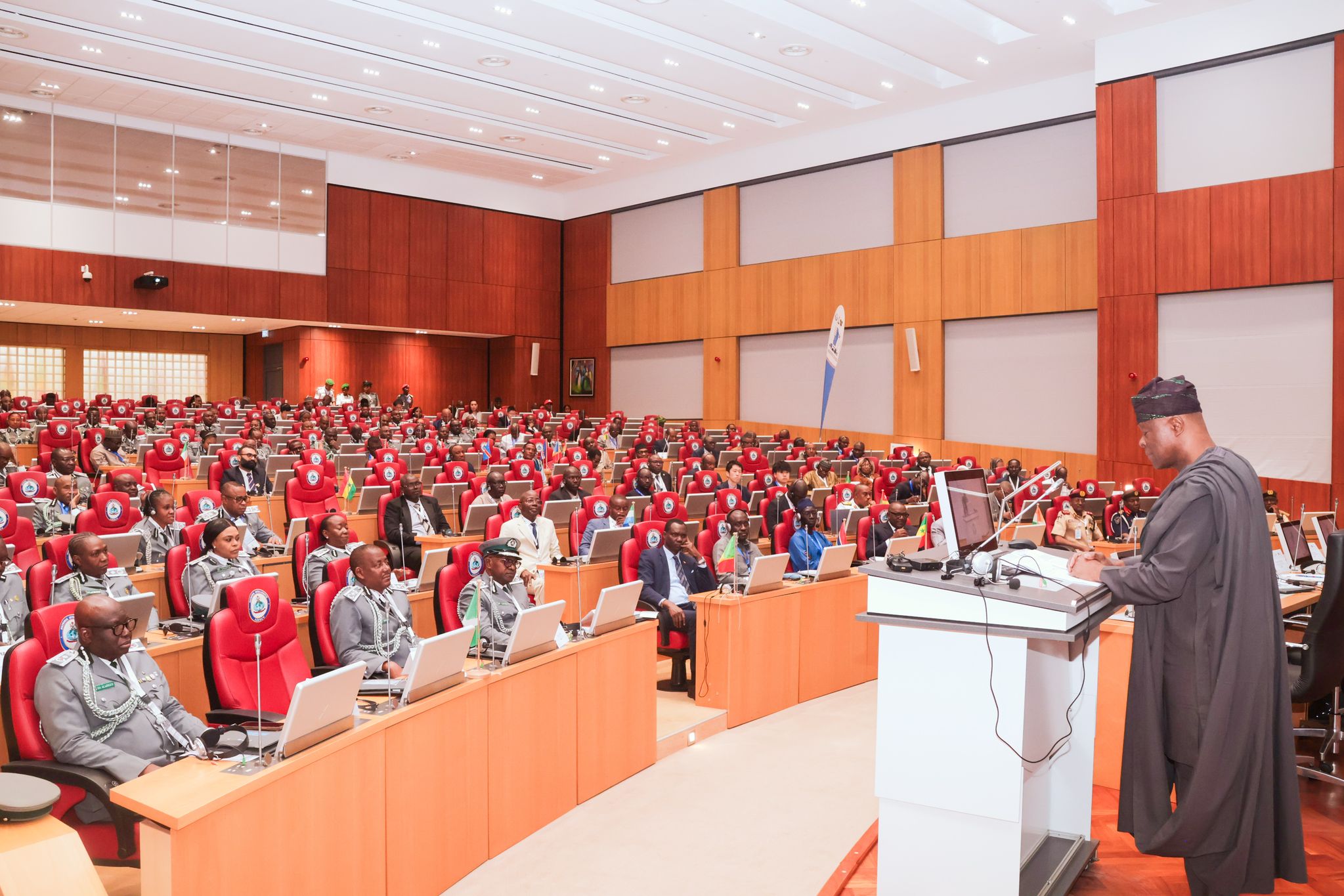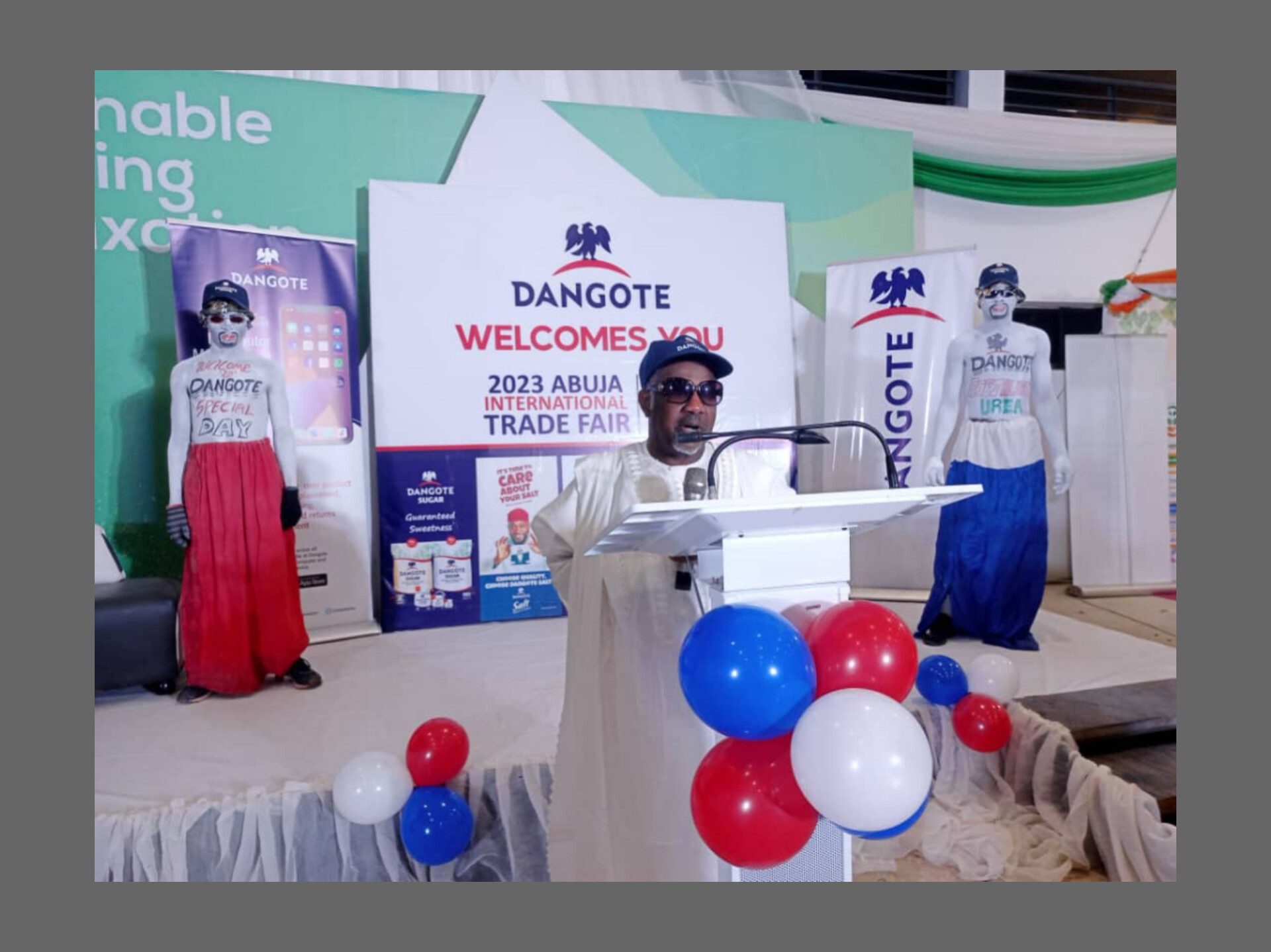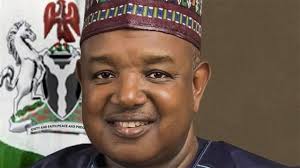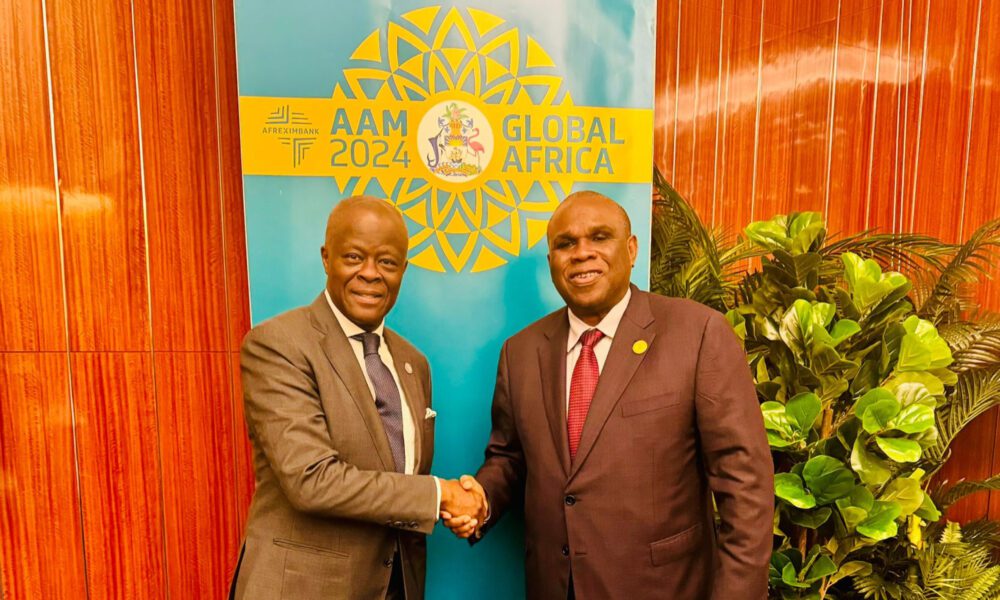***Urges Action as Intra-African Trade Lags Behind Global Averages
Nigeria’s Finance Minister and Coordinating Minister of the Economy, Mr. Wale Edun, has issued a strong call for urgent and coordinated customs reforms across West and Central Africa, positioning trade facilitation as a cornerstone for regional prosperity.
Speaking at the opening of the Fourth Conference of Development Partners of the World Customs Organization for West and Central Africa (WCO-WCA) on Wednesday in Abuja, Edun challenged regional leaders and development partners to confront long-standing trade inefficiencies head-on.
“We are sitting on a combined population of 450 million people and a GDP nearing $1 trillion,” Edun said. “Yet intra-regional trade stands at just 12% of total trade. This must change — and customs reform is the key.”
Despite recent successes — including a 90% year-on-year increase in revenue by the Nigerian Customs Service and a 20% overshoot of government targets — Edun emphasized that deeper structural reforms are needed to unlock lasting economic growth.
He highlighted Nigeria’s forthcoming Single Window Project, expected in early 2026, as a pivotal step toward streamlining border processes. He also urged regional adoption of modern trade facilitation tools such as the World Customs Organization’s Authorised Economic Operators (AEO) programme and the Advanced Ruling system.
Edun stressed the importance of coordinated donor support and sustained technical assistance to maintain reform momentum, noting that many initiatives are already backed by concessional World Bank loans included in Nigeria’s national budget and borrowing plan.
Director of Information and Public Relations, Mohammed Manga, in a statement said the two-day WCO-WCA conference gathered customs chiefs, trade experts, and development partners to chart a unified course toward more integrated and efficient border systems across the region.
As global supply chains evolve and Africa eyes deeper economic integration under the African Continental Free Trade Area (AfCFTA), the message from Abuja was clear: without bold and accelerated customs reform, West and Central Africa risk being left behind.
The conference now serves as a critical moment to convert policy talk into concrete action — and to reimagine customs not as a bottleneck, but as a gateway to growth.





Your point of view caught my eye and was very interesting. Thanks. I have a question for you.